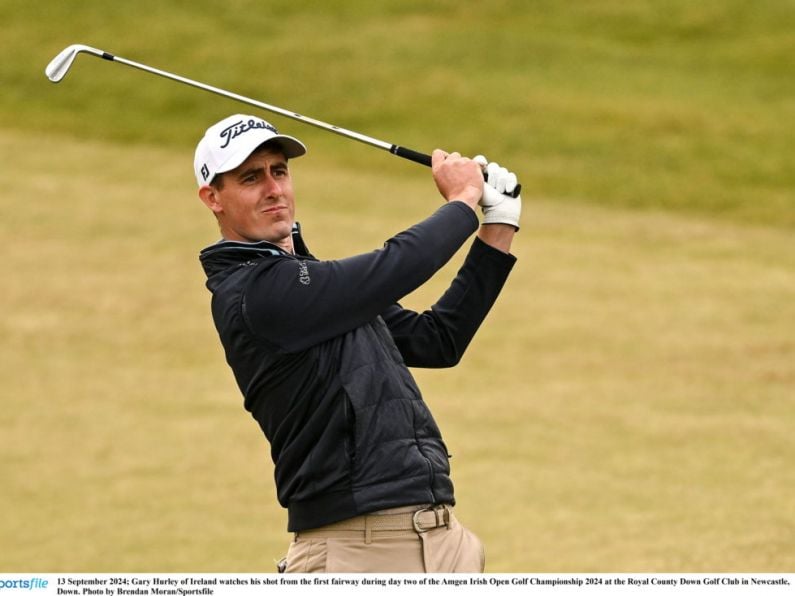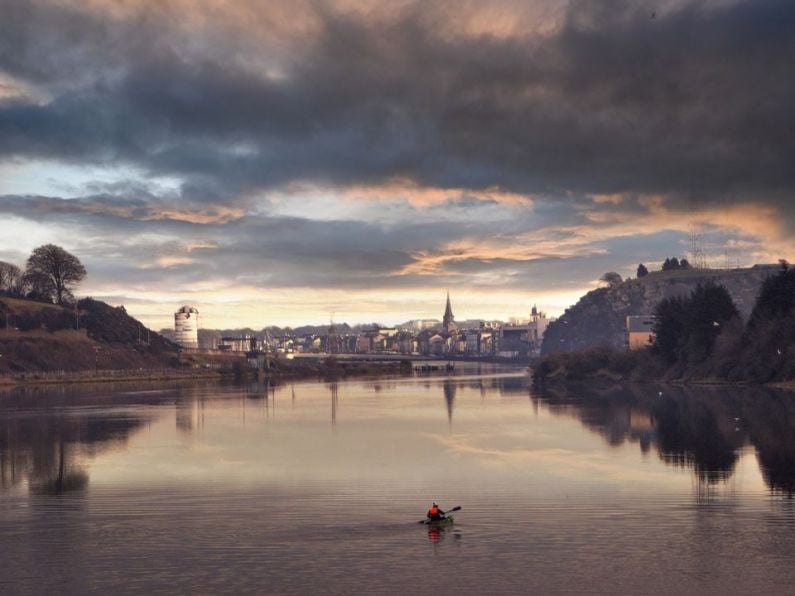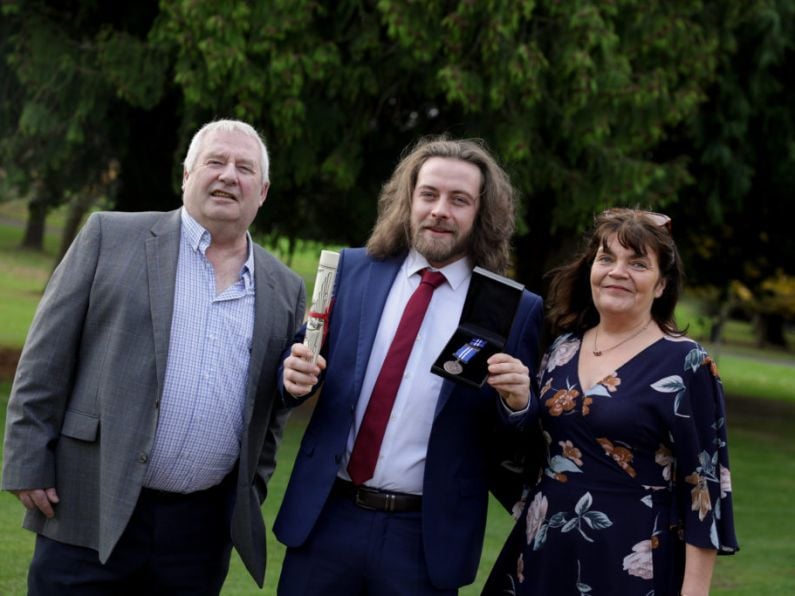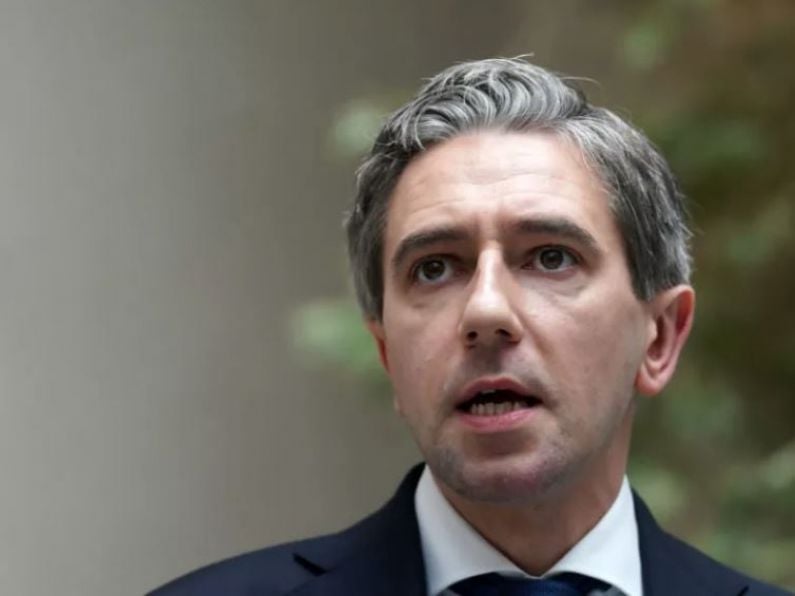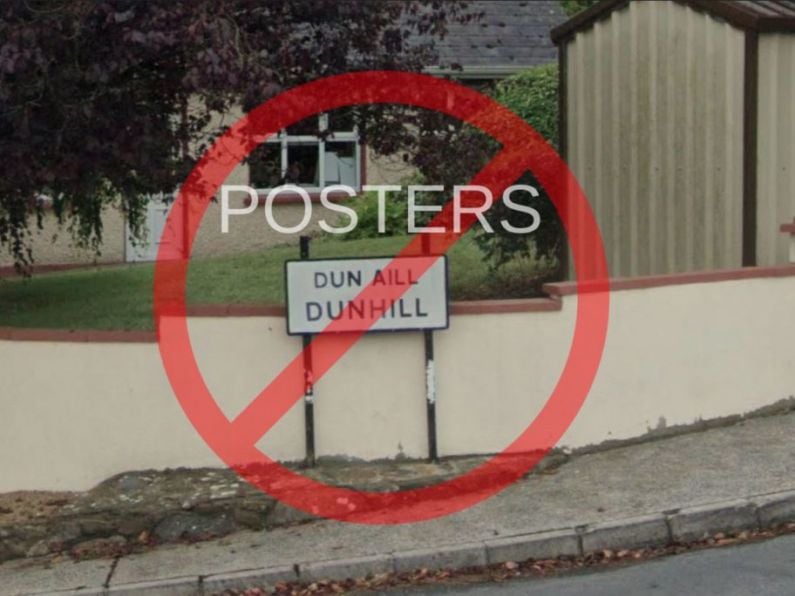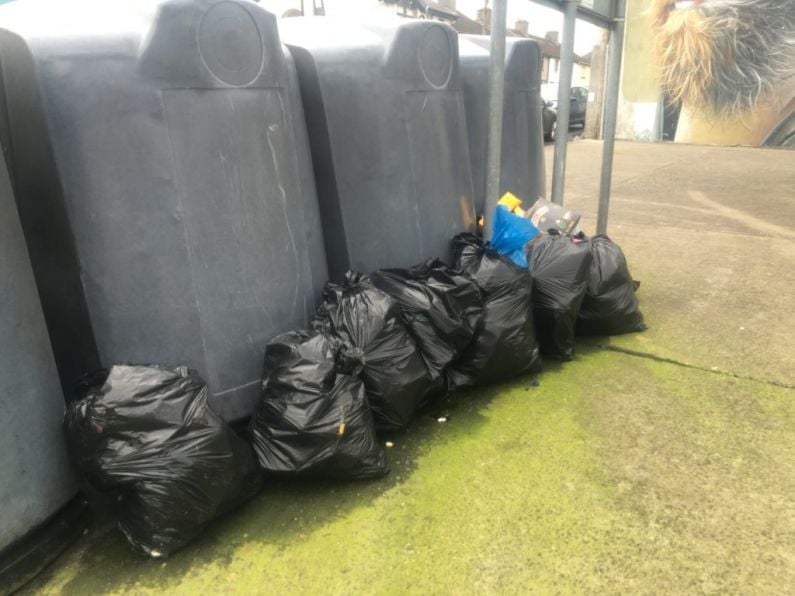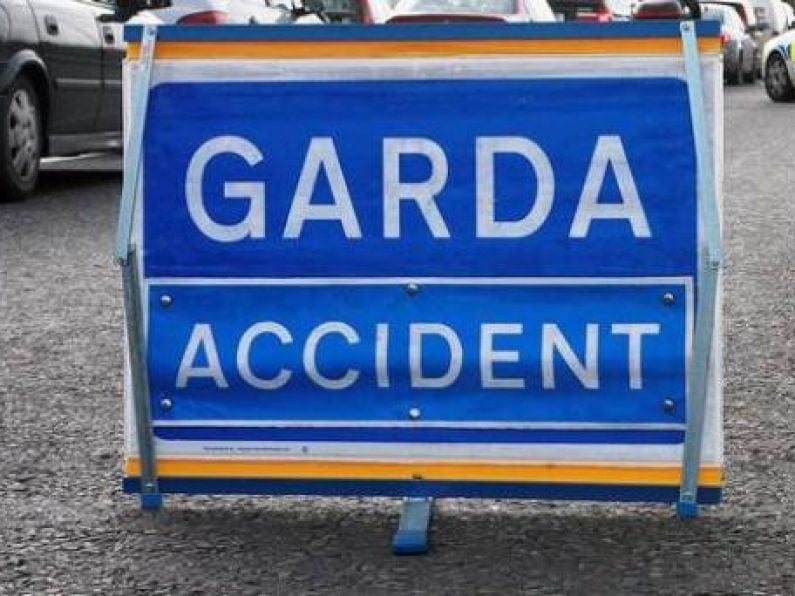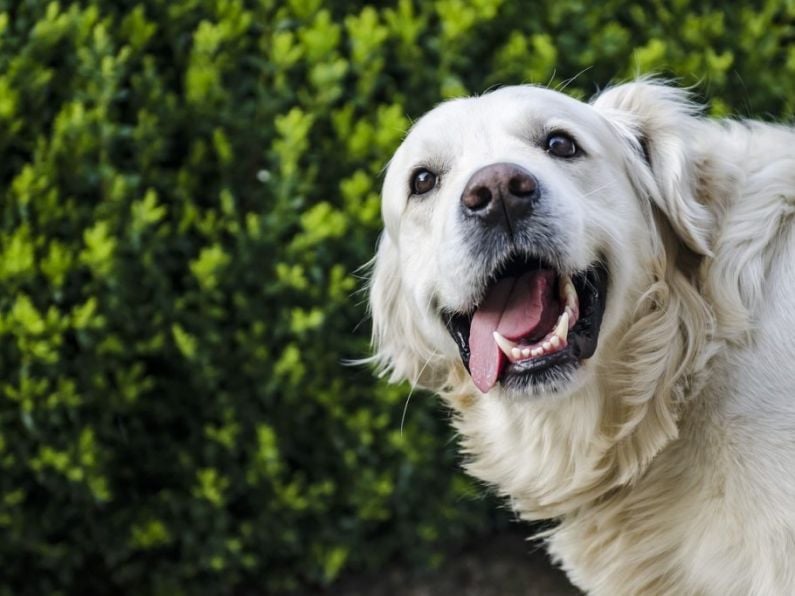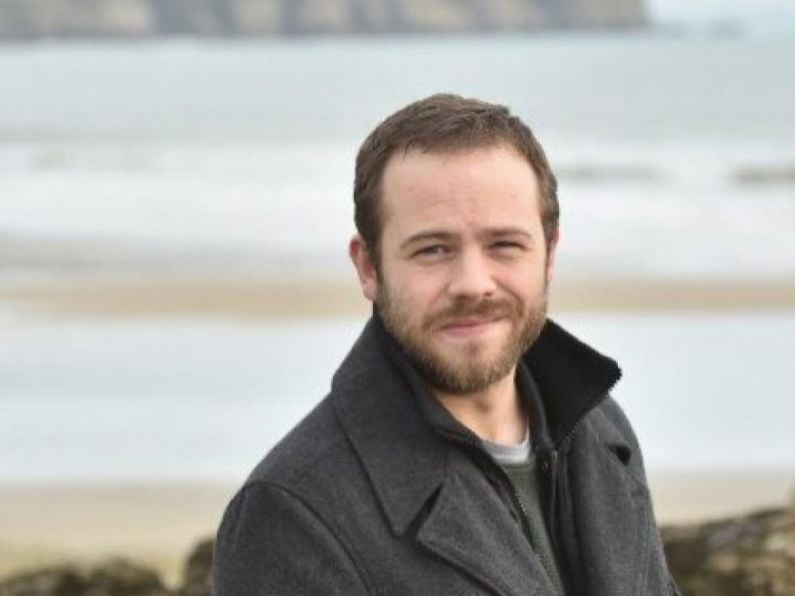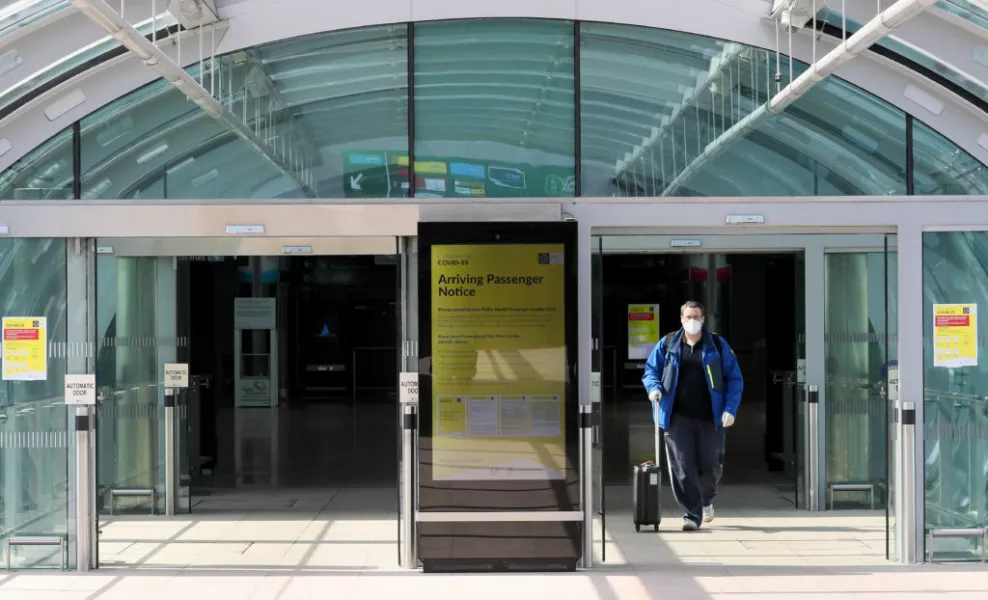
Mandatory hotel quarantine for arrivals coming from 33 countries named on a 'high-risk' list has now come into effect.
Passengers arriving in the State having originated or transited through any country on the Government's Category 2 list will now be required to complete two weeks' isolation in a designated hotel.
The passengers must pre-book their quarantine period prior to arrival in the country and pre-pay.
The mandatory hotel quarantine will also apply to passengers from other countries, not named on the Category 2 list, who do not supply a negative or 'not detected' Covid-19 PCR test.
If it is deemed a passenger is required to quarantine in hotel, failure to do so, or leaving the hotel quarantine before your stay has finished, is a criminal offence, the fine for which is €2,000, one month imprisonment, or both.
The new system came into effect at 4am this morning, with the Crowne Plaza at Dublin Airport the first hotel to be used. The Department of Health confirmed additional hotels from the Tifco Group would be added if required, based on demand.
So far, 76 people have booked using the mandatory quarantine portal, which opened earlier this week, and 37 people are due to begin their stay at the hotel between now and the end of March.
On Tuesday, Minister for Health Stephen Donnelly confirmed the Defence Forces will play a "supervisory role" in the mandatory quarantine system, acting as "full-time on-site representatives of the State".
Defence Forces personnel will also escort the bus transporting passengers to the accommodation following their arrival, while a private security company will be present at the hotel. Gardaí will however be required in the instance of a disturbance, as the private security staff do not have powers of arrest.
EU first
Despite the Taosieach hailing the new system as the first of its kind in the EU, the Government has faced criticism that it is not robust enough to protect against importing Covid-19 cases.
Sinn Féin TD David Cullinane told Newstalk the start of mandatory hotel quarantine falls short of what is required.
"We should not be distinguishing between any non-essential travel, that all people coming into this State for non-essential purposes should be subject to the same rules and the same quarantine.
"While the limited protections which are being put in place, and the limited hotel quarantine will offer some comfort, it does not go far enough," Mr Cullinane said.





